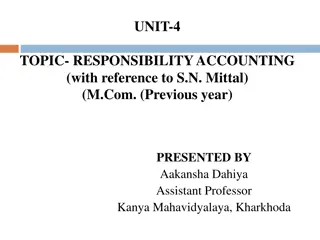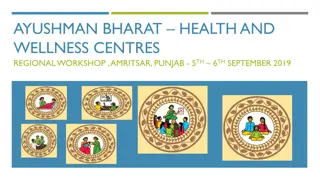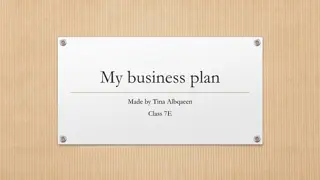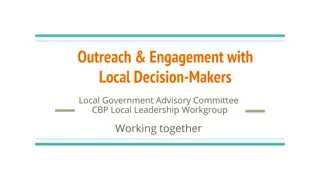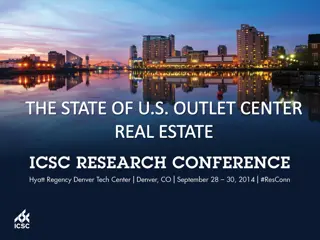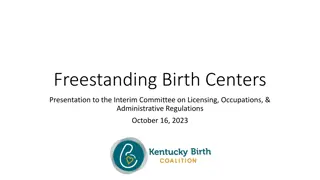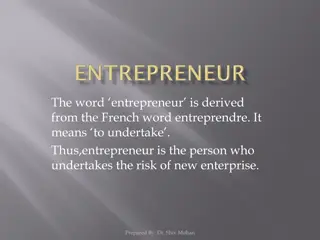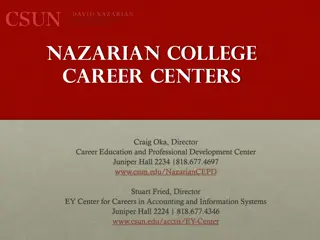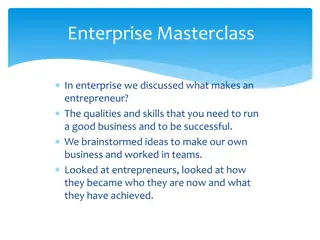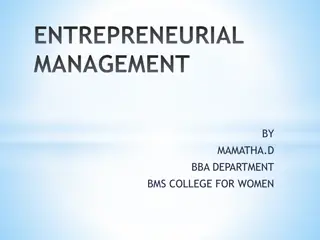Entrepreneur Local Learning Centers
Art of negotiation and gain the skills to create win-win agreements. This seminar will teach you effective tactics, the importance of listening, playing fair, and finding the best alternative if negotiations fail.
Download Presentation

Please find below an Image/Link to download the presentation.
The content on the website is provided AS IS for your information and personal use only. It may not be sold, licensed, or shared on other websites without obtaining consent from the author.If you encounter any issues during the download, it is possible that the publisher has removed the file from their server.
You are allowed to download the files provided on this website for personal or commercial use, subject to the condition that they are used lawfully. All files are the property of their respective owners.
The content on the website is provided AS IS for your information and personal use only. It may not be sold, licensed, or shared on other websites without obtaining consent from the author.
E N D
Presentation Transcript
Entrepreneur Entrepreneur Local Learning Centers Local Learning Centers
SEMINAR 19: THE ART OF NEGOTIATION In seminar 6: How to sell, we introduced you to the seven steps for success in sales. This Seminar will go more in-depth on the last three steps than in the previous seminar: finding a solution, negotiating, and closing.
Why Negotiation? Negotiation is the pursuit of a solution; there for an agreement that is fair and acceptable to the negotiating parties. To close a deal, you need to be prepared to receive a negative response and negotiate around other terms. Creating a win-win agreement can be tricky! That's where business negotiation strategies come into play. Successful negotiators in business use a specific set of skills. Using effective negotiation tactics can aid a variety of business interactions.
Tough Guys Dont Always Win Good negotiation creates a deal that both parties feel good about. Win-win does not just mean a win for yourself; both sides must leave the bargaining table feeling like they won. Excellent and effective negotiators view their work as problem-solving. Proposing a deal that addresses both sides' needs will produce a better outcome. Remember, your reputation will be far greater if you negotiate fairly and respectfully.
Learn How to Listen The key to successful negotiation is understanding the other party's wants, needs, and motivations: Use empathy! You can only do this by listening and drawing out information from what they tell you. A rule of thumb: 2/3rds of the time spent negotiating should be spent listening, and the other 1/3 speaking.
Playing Fair In negotiations, the goal is to be fair and honest. If both parties can understand this and be empathetic to the other s needs, both stand to benefit far more. A run for the money, business resources, or a dog eat dog deal isn t an actual negotiation. In any negotiation, each side must be ready to concede reasonably. Don t forget to express appreciation for the other party and what they bring to the discussion. Be open, fair, and honest; this attitude will gain you the most from business negotiations.
Find the Best Alternative to a Negotiated Agreement (BATNA) In other words, what is the best you can get if the other You need to define your best alternative to a negotiated agreement beforehand. person refuses to negotiate? It provides an option (plan B) if negotiations fall This is not necessarily your through. ideal result! This is your It determines your walk-away point (the worst price you are willing to accept) and helps us make rational alternate plan when the talks start to get out of control. decisions during negotiations.
Knowing When to Walk Away. The importance of negotiation skills includes knowing when to walk away. Some negotiations may hit a brick wall. It may be a good idea to take a break and regroup or to be open and discuss the impasse with honesty. If all else fails, perhaps the deal cannot be made. Some deals are not meant to be. There is nothing to be ashamed of. Remember: Some battles are not worth fighting, especially when they can hurt your profitability. Getting a bad deal can also be the end of your business venture.
The Deal Is Done: Now What? Great negotiators understand that a good and fair deal is a cornerstone in a potentially long-term relationship.
TRUE OR FALSE You need to be tough, impose your rules and ways, and only think about what s good for business and negotiation. True False
Congratulations, you are correct! You need to listen and find a win-win solution! Click here to continue.
Sorry. Please try again. Click here to try again.
TRUE OR FALSE A bad deal means that I will only lose money. True False
Congratulations, you are correct! A bad deal can also mean losing a potential opportunity in the future, and a bad reputation. Click here to continue.
Sorry. Please try again. Click here to try again.
Glossary Click on the word to go back to that slide. - Negotiation: A Business Negotiation is a process between two or more parties (each with its own aims, needs, and viewpoints) seeking to discover a common ground and reach an Agreement to settle a matter of mutual concern, resolve a conflict and exchange value. - Interaction: An occasion when two or more people or things communicate with or react to each other. Business interactions of all types will be commonplace when running your own business between customers, employees, partners, and more. - Empathy: the ability to understand and share the feelings of another. This is an important attribute in any successful negotiator as it allows you to more clearly see the other side s point of view. - Rational : Rationality is our ability to think clearly through using logic, common sense and a clear head. Being in a rational state of mind is critical towards negotiation, since it will help lead to desirable outcomes. - Tone : In this case, Tone relates to the general mood or atmosphere of a relationship, as set by the behavior of those in the relationship. For example, a good tone between business associates would be one of professionalism, mutual respect, empathy, and work ethic.









